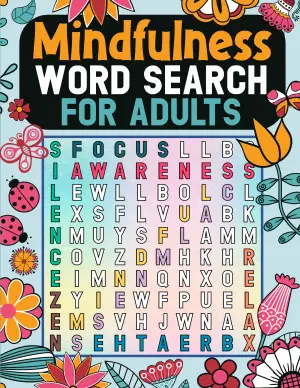I’ve always had a fascination for spiritual and self-help literature, so when I stumbled across "The Untethered Soul" by Michael A. Singer, I felt compelled to delve into it. The premise of the book centers around exploring human identity and enhancing consciousness to live more fulfilled, present lives. This resonated deeply with me—especially in today’s fast-paced world, where mindfulness seems like a rare gem.
One of the notable strengths of this book is its accessibility. Singer’s writing style is both engaging and straightforward, making complex philosophical concepts digestible for a broad audience. I felt akin to what Denisse Villar mentioned in her review—Singer has a way of encouraging readers to step back and observe their inner dialogue, a technique that opened my eyes to how often I get tangled in my own thoughts and emotions. This pivotal insight creates what she described as a "gentle wake-up call."
Another high point is how the book intertwines spirituality with practicality, providing real tools for personal growth. I found myself reflecting on my fears and mental barriers, much like Cody Allen articulated. The metaphor of a house surrounded by a beautiful field deeply resonated with me; it beautifully illustrated how we confine ourselves within our comfort zones, not daring to breach the walls we’ve built. Singer’s perspective that real liberation comes from acknowledging our fears and stepping outside those walls was as thought-provoking as it was liberating.
However, it wasn’t without its drawbacks. While I found the book insightful, I agree with some readers who pointed out that the author tends to repeat certain concepts. Although repetition can reinforce key ideas, at times it felt like a bit too much. This could be off-putting for readers who prefer a more streamlined narrative.
Additionally, despite its enlightening content, I noticed some aspects could seem oversimplified to a seasoned reader of spiritual literature. While it does touch on profound themes, certain sections seemed to gloss over the complexities of emotional experiences. Yet, as Dean Joseph noted, sometimes we’re not ready for deeper insights until we’ve grasped the foundational elements first.
Still, the book excels at grounding abstract spiritual concepts into daily practice. As I read, I often found myself inspired to adopt a new morning ritual of reflection and meditation—something I’ve continued beyond just finishing the book.
The description of the book implies a transformative potential for happiness and self-realization. For me, it fulfilled that promise. My personal journey correlates with the overarching themes of the book: cultivating awareness and letting go of limiting beliefs. The writing spoke directly to the quest for inner peace, encouraging me to let go of emotional baggage.
In conclusion, I wholeheartedly recommend "The Untethered Soul" for anyone interested in personal growth and mindfulness. Yes, there may be some moments that challenge your patience, especially if you dislike repetition, but the insights offered are worth the read. It aligns beautifully with the statement in the product description—that developing consciousness can help us dwell in the present moment. Ultimately, this book felt like a companion on my journey toward self-discovery and acceptance. Whether you’re a novice in spiritual literature or already well-versed, Singer’s work offers something valuable for everyone.








